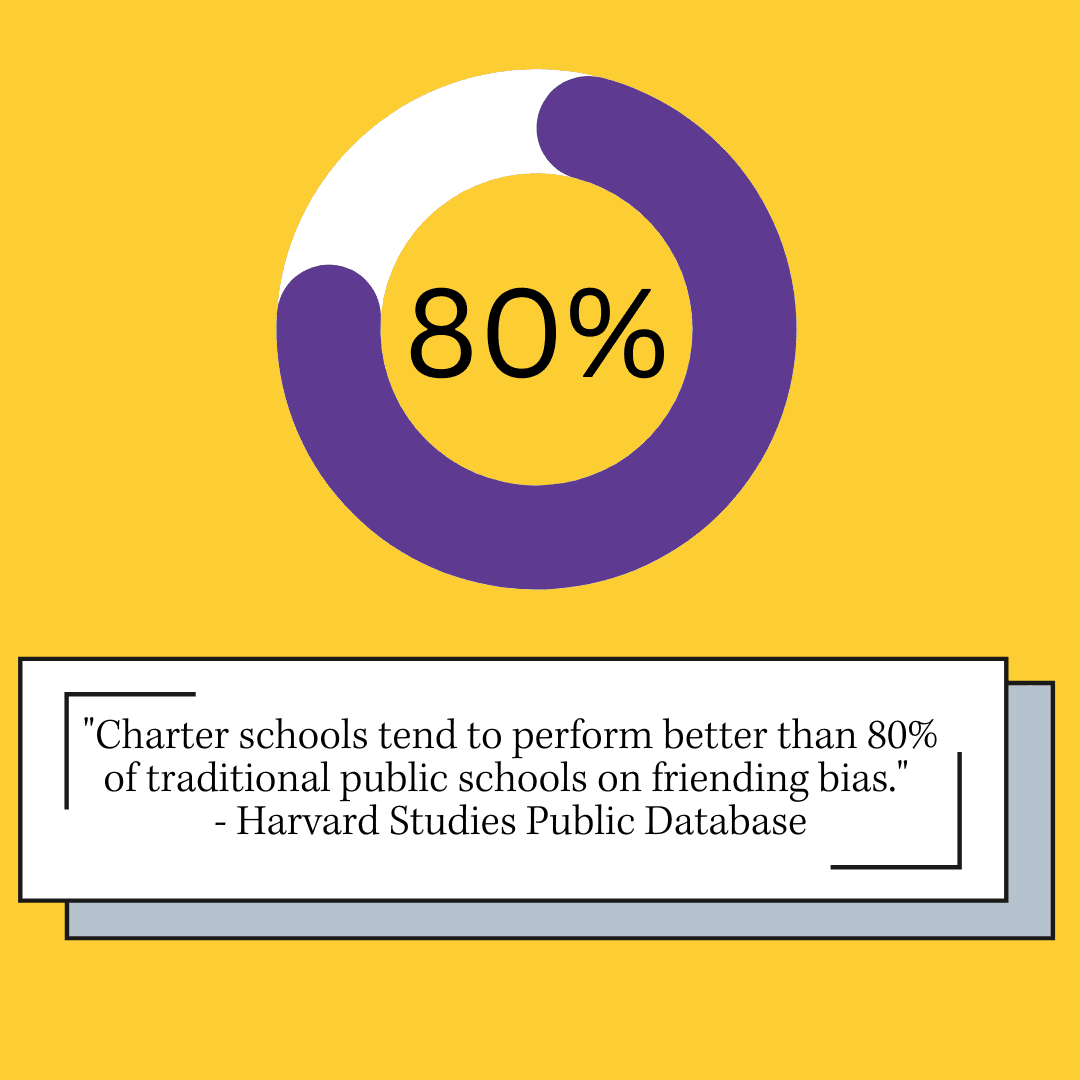Schools have always been the heart of community connections. From a young age, so many pivotal relationships are forged in school, whether between peers or between teachers and students.
Bruno V. Manno reports in a recent article for The74 that there’s renewed interest in another important feature of these relationships—opportunity and upward mobility.
The idea of “social capital” has been around for a long time—the term describes the way relationships contribute to a functioning society. Of particular focus in a recent Harvard study by economist Raj Chetty are relationships that span socioeconomic lines in workplaces and schools.
Researchers are interested in these relationships because they go against “friending bias”—the idea that people tend to be friends with those from similar backgrounds to themselves. The idea is that friendships that cross class boundaries lead to more awareness of careers, lifestyle options, and ways of interacting in society.
Of particular interest to charter leaders will be an analysis of how charter schools enter this conversation. According to Manno’s article, an analysis of 214 charter schools in the Harvard study’s public database found that “charter schools tend to perform better than 80% of traditional public schools on friending bias.” This certainly suggests that further study would yield compelling data to inform the school-choice movement.

This finding raises important questions for Manno related to charter schools: “do the autonomy and community-building aspects of charter schools contribute to this? If so, are there lessons learned that district schools could emulate? Should charter school growth limits be lifted so more of these schools can be created?”
These are questions that many voters are considering this fall. The idea of social mobility and cross-class relationships may be another reason we are seeing increased support for charter schools in some states, and it supports an aspect of charter school education that we see in many of the schools we support: programs that actually strengthen cross-class bonds, including career-focused programs and language learning.
Manno believes these kinds of programs “acquaint learners with employers and workforce demands, engaging students and adult mentors from diverse classes and backgrounds.” Such engagement will only strengthen social networks and bonds and students mature and choose career pathways. Manno believes these types of programs can even lead to faster and cheaper routes to careers.
The great news here is that serving diverse communities and fostering these types of relationships is a “baked in” feature of most charter schools. As Manno points out, with the return to face-to-face learning we can hope to see relationships like these flourish even more.
